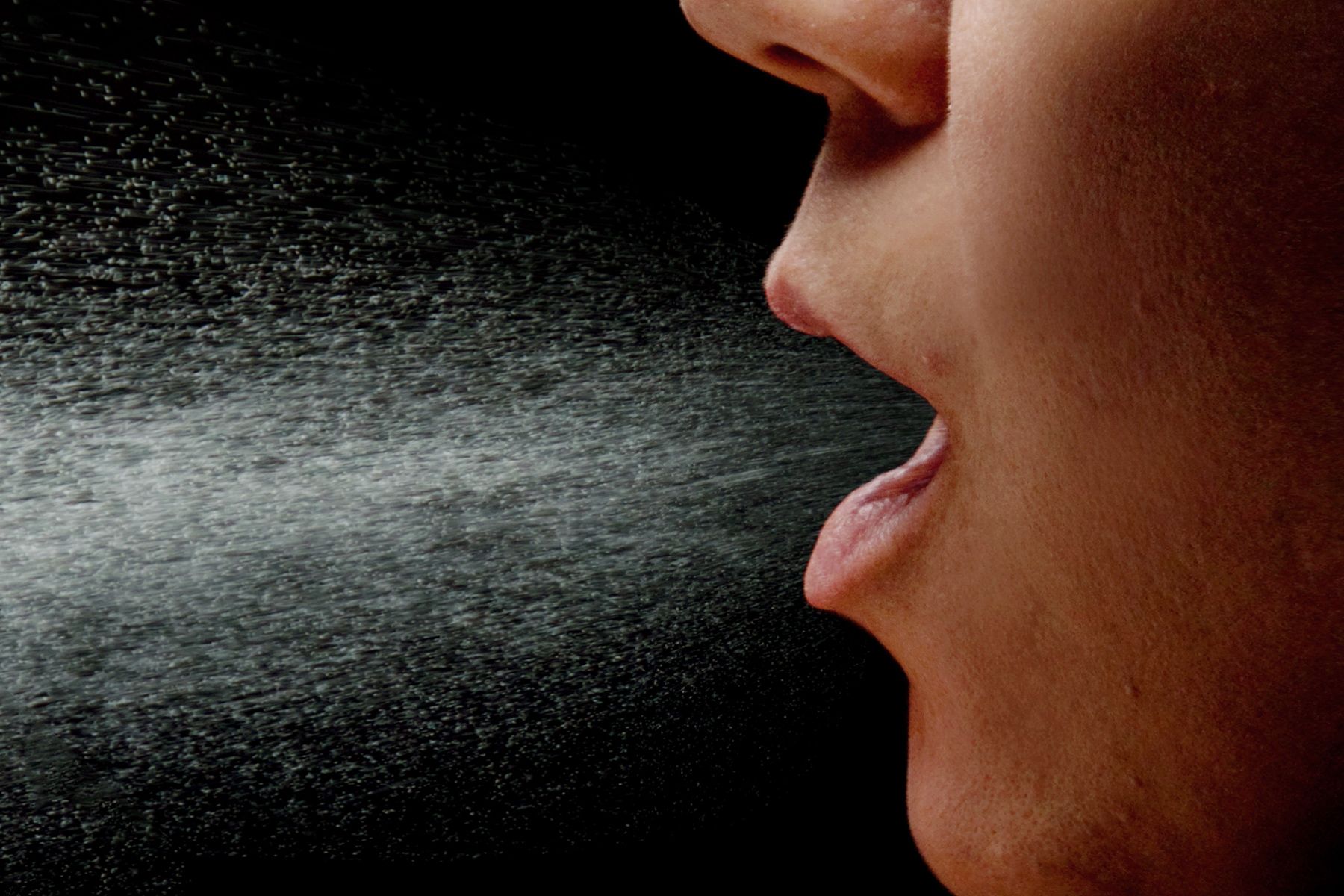
In a new study, researchers found that the virus can travel on respiratory droplets up 26 feet in just a few seconds after someone cough, sneezes, or sings.
from WebMD Healthhttps://img.webmd.com/dtmcms/live/webmd/consumer_assets/site_images/article_thumbnails/reference_guide/coronavirus_transmission_ref_guide/1800x1200_coronavirus_transmission_ref_guide.jpg https://ift.tt/34DmPm4
via IFTTT








0 comments:
Post a Comment